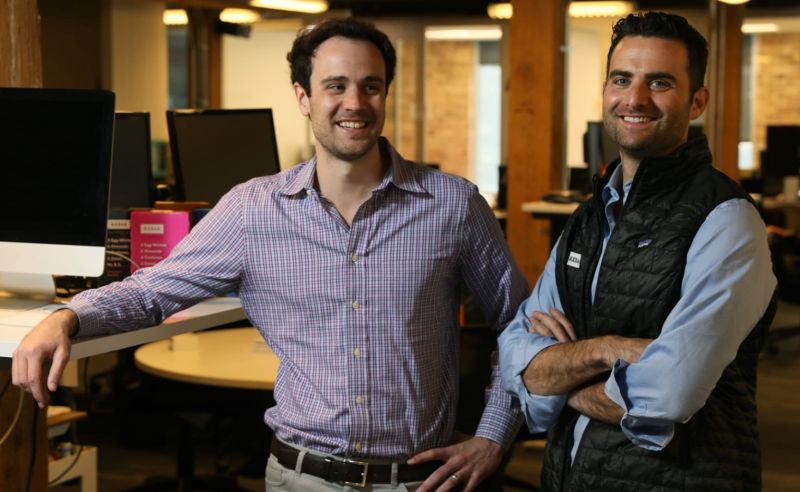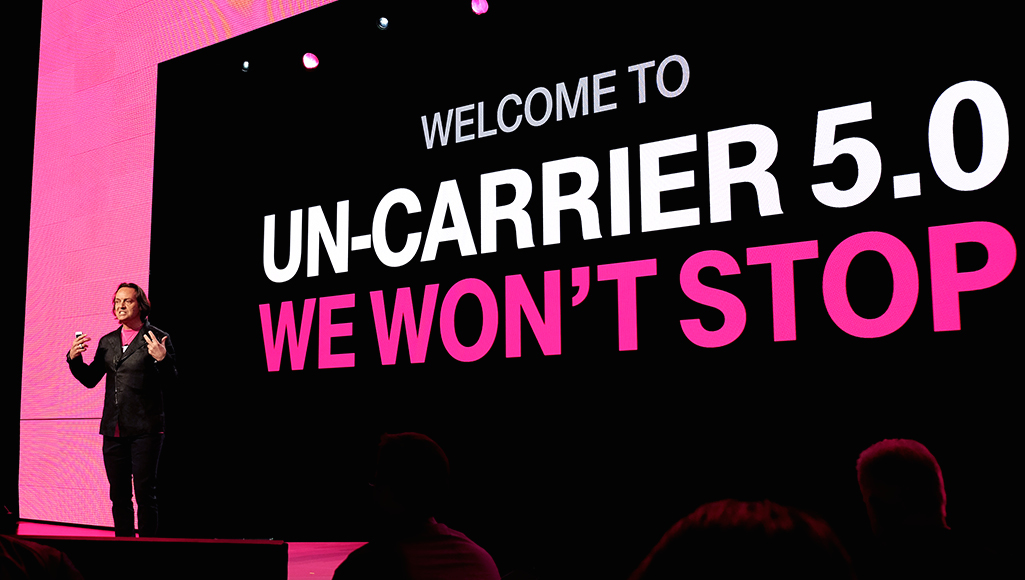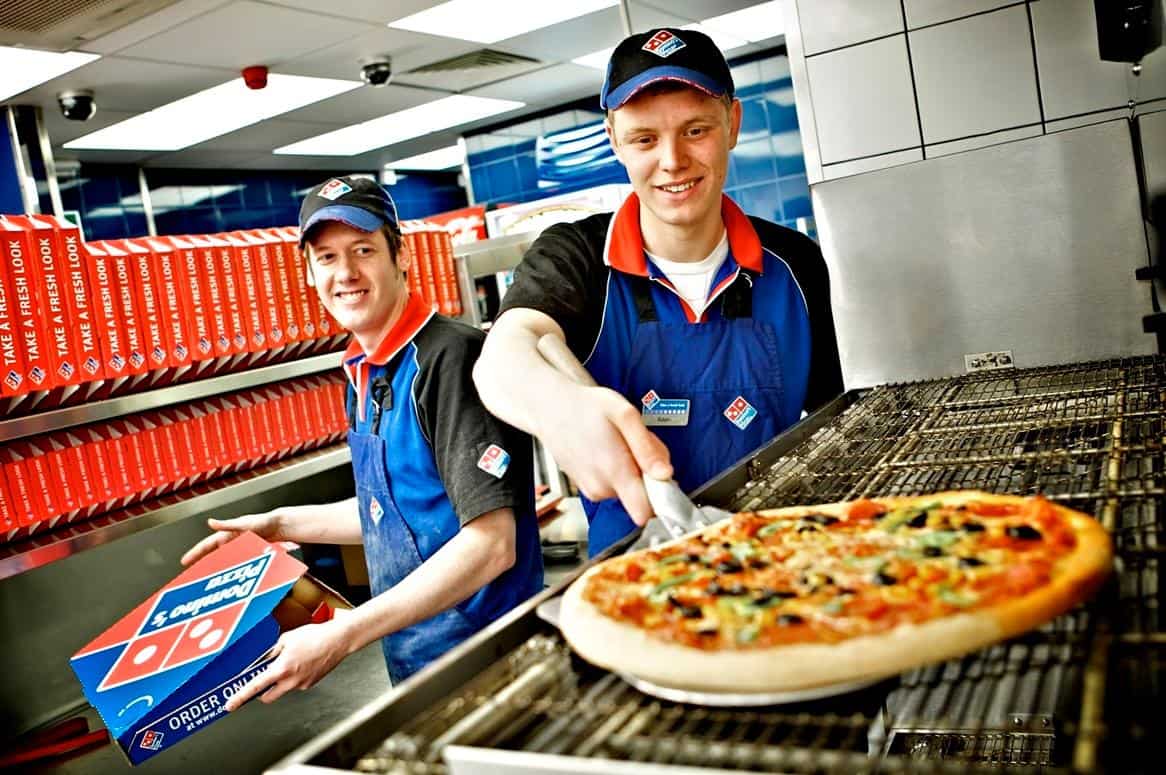Imagine yourself in this situation: You sell a product that’s essentially identical to competitors’ offerings, at similar pricing. You have a massive core business serving a market that’s becoming gradually outmoded. What do you do to differentiate and grow?
This was the challenge facing Petrol Ofisi, Turkey’s biggest fuel distribution business. As a firm with over $10 billion in revenue, it ranks as Turkey’s third-largest enterprise. Yet it was in a commodity business serving markets – from lubricants to gas stations to many others – that will be replaced by electrification.
Mehmet Abbasoglu became Group CEO of the company in August 2022, and he immediately prioritized new forms of growth. In an interview with me, he said, “We are fully aware that we are running against electrification, which is everywhere. If we don’t move this business to become an energy infrastructure business or use other verticals that capitalize on our asset base, we are doomed.”
What could he do? One vector for growth has been in payments and financial services. The company’s loyalty app, linked to a highly popular fantasy football game called Sosyal Lig, has 3.5 million users. Through that app, the company directs payments from consumers via its business POFintech that bypasses commissions often taken by payment processing intermediaries. The company has also obtained a banking license, a harbinger of what may still come.
Another response has been helping its main shareholder Vitol set up VavaCars, a new way to purchase used cars in Turkey. Abbasoglu explains, “Secondhand car purchase has always been painful. Vitol established secondhand car valuation shops on our retail front courts that provide security for the end consumer as well as a digitized process. To buy a car, for instance, you log in and look at the car in detail, with 30 or more pictures showing every scar as well as the collision report. If you want to purchase it, you electronically send in a deposit and it’s yours. What can be a 45-day buying process was cut to a couple hours.”
Where else could Petrol Ofisi gain advantage, beyond using its scale and real estate? If you want to finance the vehicle, the company can automatically extend credit through its subsidiary Credin, without the painful process of signatures and couriers typical elsewhere. Abbasoglu notes, “We have multiple credit checking mechanisms, not just credit scores. If the customer is one of our loyalty app subscribers, Credin has decent information on them. We know what kind of vehicle they drive, where they live, if they’re paying with credit cards, and whether those cards get rejected sometimes. Our bad debt rate is less than 1%.”
These transitions were even more challenging given the company’s legacy as an 83-year-old firm that was formerly state-owned. To enable them, the company leaned hard into digital technologies. The Chief Information Officer was promoted to be a direct report to the CEO, and IT systems were transitioned to a common platform so that data could be shared widely and instantly. Most importantly, Abbasoglu says it came down to people. “It sounds cliché, but if I cannot trust my management team, if they don’t run together, by default, we’d lose the race. Being able to trust people is my most important attribute.”
The transformation of Petrol Ofisi is complex, but it rests on three key pillars:
- Understand the Assets – The company looked beyond its fuel business to assess its real estate, customer data, ability to gain customer’s attention, transactions infrastructure, and more.
- Re-examine Customer Priorities – Credin and VavaCars exist to solve several longstanding pain points around secondhand vehicle purchase and sales: accessibility, security, speed, and transparency. Sosyal Lig and POFintech serve as innovative tools for loyalty and financial efficiency. All are differentiated and framed around competitive advantages that rivals will struggle to copy.
- Create Urgency with an Empowered Team – Abbasoglu’s warnings about the fate of his giant core business are rare for a CEO. They are also quite intentional. He is seeking urgency to change the business, and he has empowered a team through both authority and tools such as data availability.
Petrol Ofisi demonstrates that transformation isn’t just for glamorous companies. Its story shows that these kinds of pivots are accessible for a broad variety of firms, operating in sectors both glitzy and gritty.
Contributed to Branding Strategy Insider by Stephen Wunker, Managing Director of New Markets Advisors and Author of The Innovative Leader.
The Blake Project Can Help You Create A Bolder Competitive Future In The Jobs To Be Done Workshop
Branding Strategy Insider is a service of The Blake Project: A strategic brand consultancy specializing in Brand Research, Brand Strategy, Brand Growth and Brand Education




